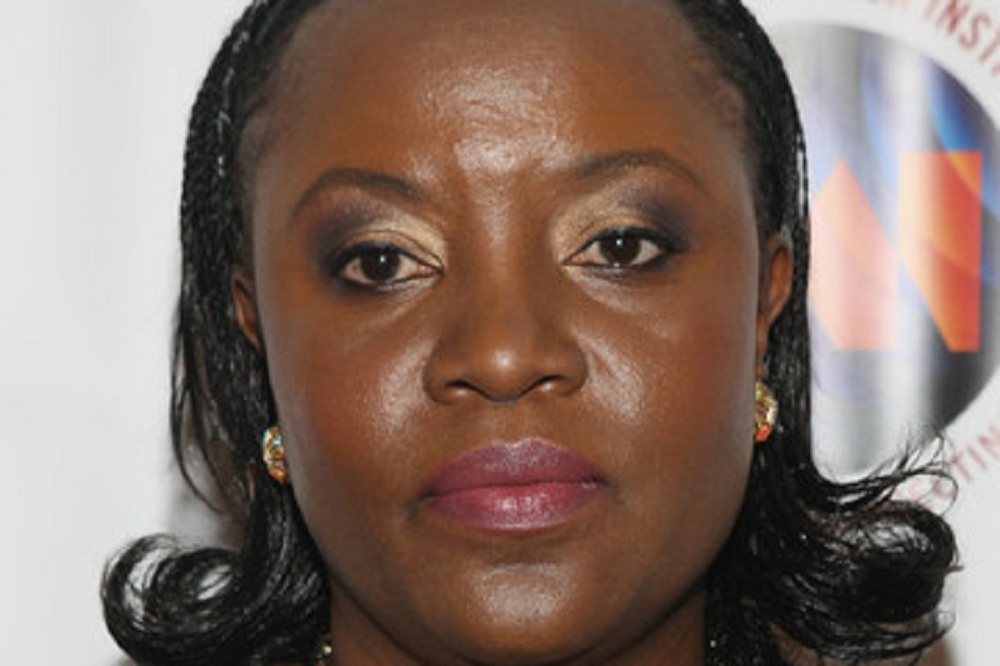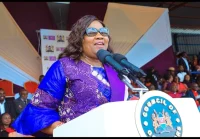Five scholars have been chosen to undertake graduate degree studies in the United States under a partnership created by the East African Development Bank (EADB) and the African-American Institute.
The Science, Technology, Engineering and Mathematics (STEM) scholarship programme aims to give skilled teachers working in public teaching institutions an opportunity to advance their knowledge.
Four Kenyans, Edward Mureka, Bernabas Wafula, Akuom Denish and Chris Mbae and Uganda’s Miriam Kabagorobya will pursue graduate degrees in these fields in the United States at Rutgers University a world-class university.
The recipients underwent a rigorous selection process that saw them beat close to 300 other applicants.
They are university graduates having received First Class or Upper Second Honors Bachelor’s degrees in Mathematics, Sciences or Engineering and have been working full time in public and government owned educational institutions.
The EADB STEM education programme is one of the initiatives launched by the regional lender after a careful study and recommendations from stakeholders. There is significant emphasis by governments in the region in the past 20 years towards free primary education (UPE). Science, Engineering and Technology is one area that the research pointed out was lagging behind in education investments.
Related: Why universities are training half-baked graduates
‘’The STEM scholarship therefore aims to maximize the impact of EADB’s investment into the higher education sector by granting scholarships to accomplished lecturers who have agreed to return to their East African universities and continue teaching after they have received their graduate degree at Rutgers University. The fully-funded EADB graduate level scholarships will provide full tuition, room and living expenses within a stipulated budget,’’ said EADB Director General Vivienne Yeda.
The programme comes in the wake of concerns over only 27% of university students are pursuing STEM related careers in Kenyan universities and the region, providing challenges in propelling the region into becoming a middle level knowledge driven economy.
“While education remains overall core responsibility of governments and their development partners, in recent years there have been various deliberate government policies towards addressing the numerous challenges experienced in education sector in the region. We believe part of the intervention is to encourage young people to participate and be involved. We believe there is no single magic bullet to addressing the challenges in education sector. It will be a concerted effort by all the players working in a synchronized way,” noted Yeda.
In the 21st century, critical thinking will shape the future of innovation in the region. The EADB/AAI STEM initiative is an integral part of total support to governments initiatives towards improving education systems, strengthening innovations geared towards a vision of achieving all-round sustainable development in the East African region.













Leave a comment